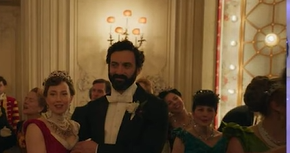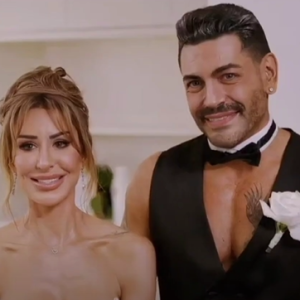10 It’s an Honest Take on Complicated Relationships
Love Isn’t Black or White
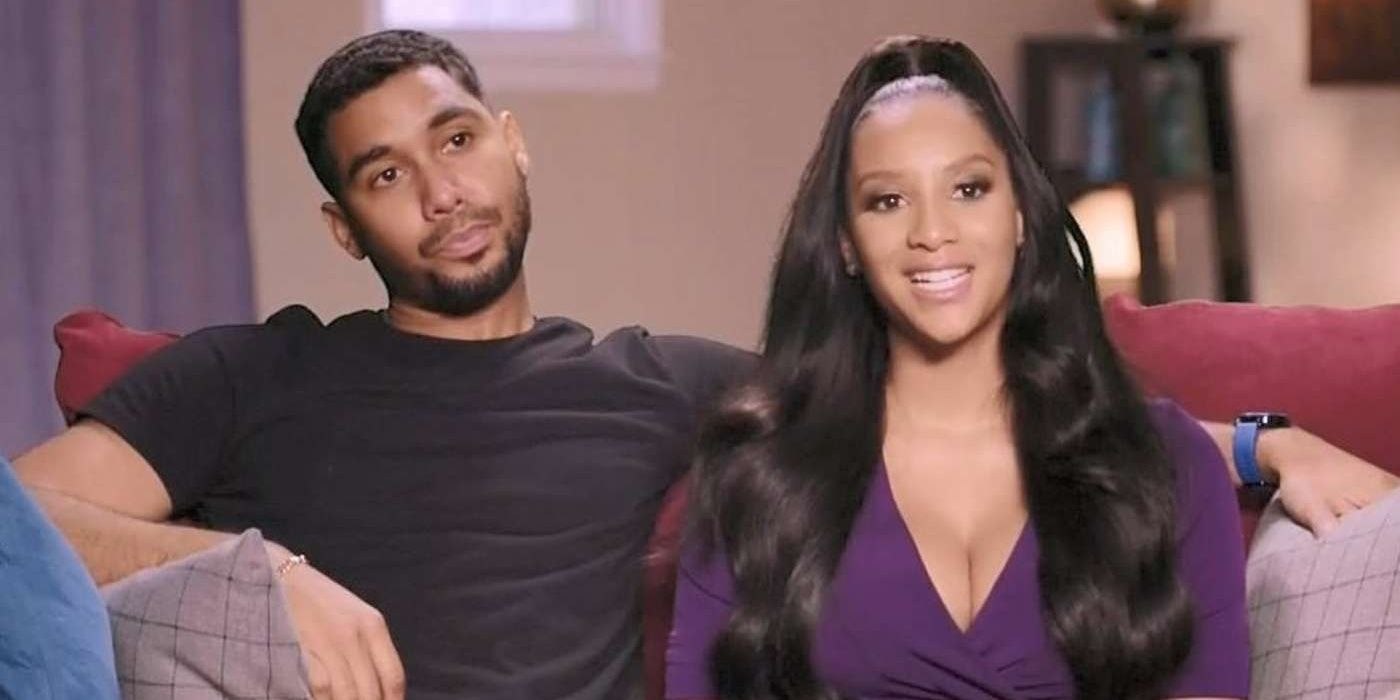
My favorite part about 90 Day Fiancé is that the show doesn’t sugarcoat the realities of loving someone. The show doesn’t focus on perfect couples who have it all together. It gives you a mix of the good and the bad that makes up a real relationship. On one hand, you have couples like Danny and Amy Frishmuth who made things work against all odds. But on the other hand, you have Big Ed Brown, who had not just one, but two failed relationships on the show. And this diversity really helps the 90 Day Fiancé feel multi-faceted instead of just another reality show with over-the-top dramatic moments.
9 The Drama Doesn’t Feel Manufactured
The Couples Are Just Trying To Make Things Work

Dating reality shows often exaggerate situations for ratings, and while 90 Day Fiancé might be guilty of the same now and then, the show’s premise is as real as it gets. Following two couples from the beginning of their romantic journey means you get to see all the ups and downs that come along the way. With only 90 days to decide if they want to get married or not, these couples aren’t just putting on a show for the camera. The timeline is tight, and the pressure to make a decision sheds light on the messy side of love in all its glory. And this raw portrayal of the struggles of a new relationship is what makes the show so addictive.
8 The Show Keeps Things Fresh by Introducing New Cast Members Regularly
‘90 Day Fiancé’ Knows How to Strike the Balance
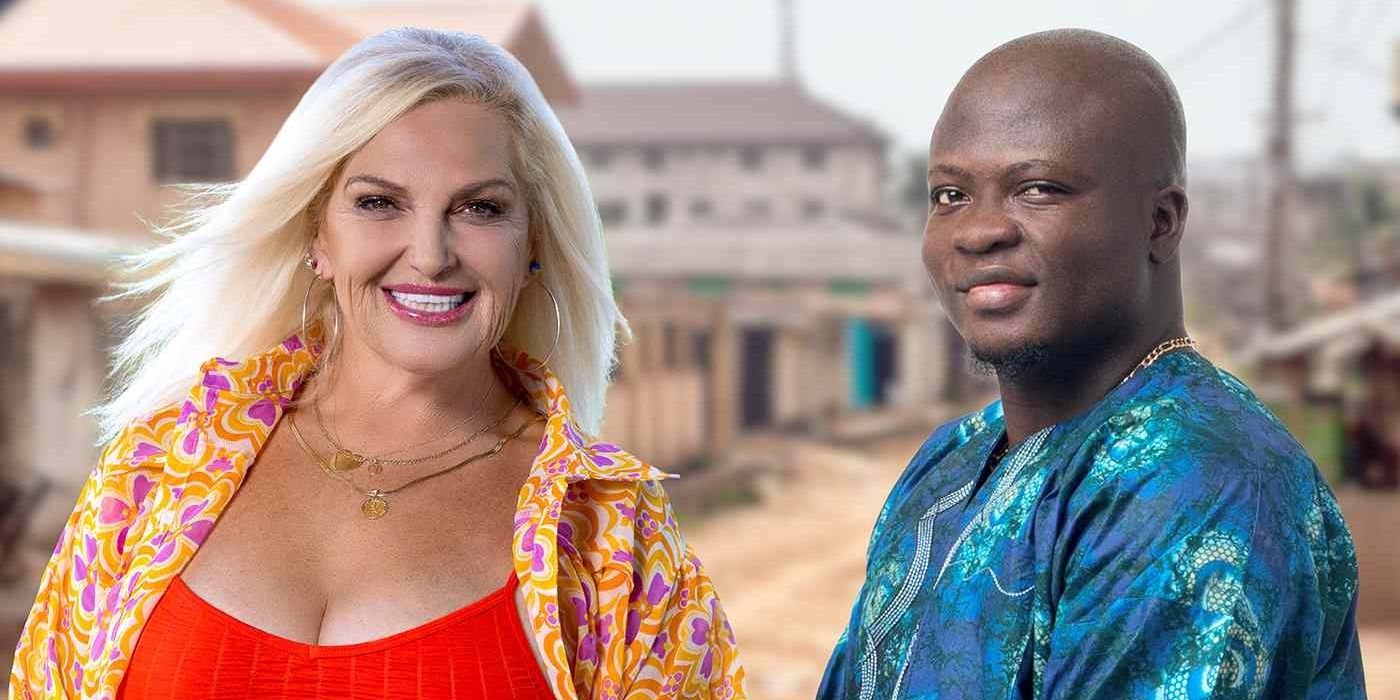
I personally love watching the evolution of returning couples on the show. For example, Angela Deem and Michael Ilesanmi are two of the most entertaining figures to be featured on the show. While their relationship was a trainwreck, watching it slowly deteriorate over the course of four back-to-back seasons was addictive. But I understand that sometimes, you want a break from the ongoing drama and tune into something new, and 90 Day Fiancé has managed to strike the perfect balance. Each season features a mix of new and returning couples, which gives you something to constantly look forward to.
7 The Entire Franchise Is Organically Inter-Connected
None of the Spinoffs Feel Unnecessary

Speaking of spinoffs, 90 Day Fiancé definitely knows how to do them right. I’m shocked at how naturally the spinoffs tie into the main series to create a world that feels connected. Unlike other reality TV spinoffs, which often just feel like an unnecessary extension to cash in on a certain show’s fame, each 90 Day Fiancé spinoff has a purpose of its own. For example, you have 90 Day Fiancé: Happily Ever After?, which follows couples from the franchise after they get married. 90 Day Fiancé: The Other Way flips the concept of the main show and features Americans moving to different countries to be with their partners.
6 The Drama Is Too Good To Ignore
The Stakes Are As High as Ever
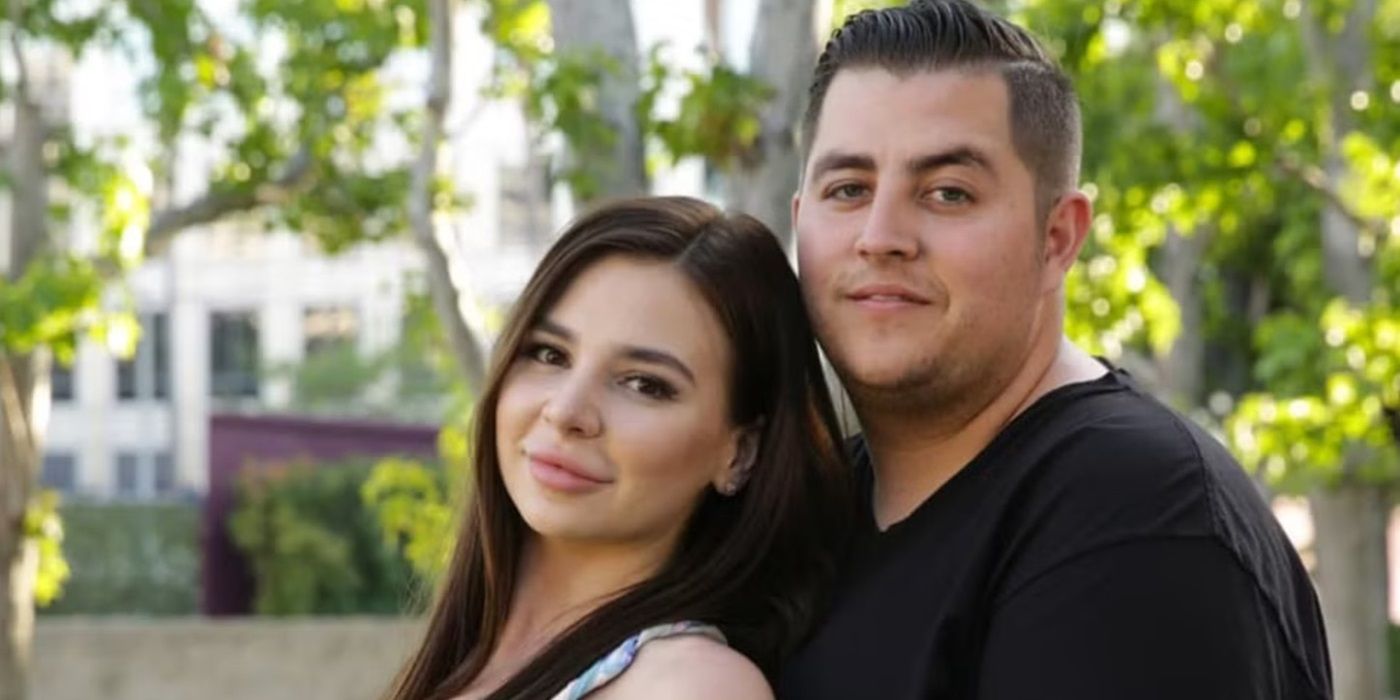
I know I’ve talked about how 90 Day Fiancé doesn’t rely on heightened drama for entertainment or shock value. But one of the reasons why people tune into the show is to see couples having explosive arguments and confrontations. From Anfisa Arkhipchenko threatening to leave Jorge Nava if he didn’t buy her designer bags and expensive cars, to Colt Johnson and Larissa Dos Santos Lima butting heads and physically attacking each other, things tend to get extremely chaotic on 90 Day Fiancé.
What makes these confrontations on the show stand out is that you can tell how honest and raw they are. No one’s giving the couples instructions behind cameras because their circumstances naturally lead to tension that inevitably unfolds on screen. In a way, you never know what’s going to happen next, and this unpredictability is what keeps you hooked to the show.
5 Some Couples Are Really Easy To Root For
True Love Does Exist on ‘90 Day Fiancé’
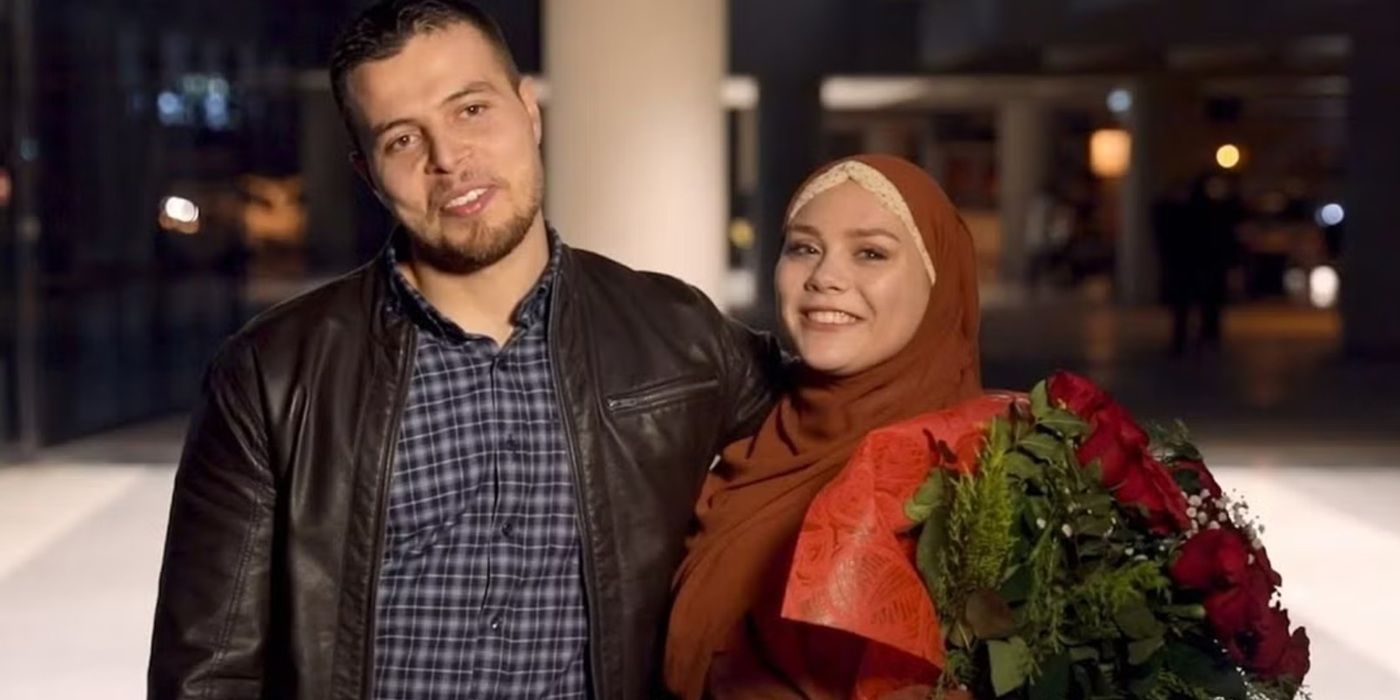
Let’s be honest, most of us like to hate-watch a lot of the couples on 90 Day Fiancé. For example, Big Ed’s past relationships with Rosemarie Vega and Liz Brown were absolute trainwrecks right from the start. Every time they were on-screen, I was hoping that they’d break up and head their separate ways. But that doesn’t stand true for every couple who appears on the show. As crazy as it might sound, sometimes 90 Day Fiancé features couples that you can’t help but root for. Avery Mills and her Syrian partner, Omar Albakour, stand out as the perfect example. Right off the bat, these two proved that they were in it for the long haul.
Despite their massive religious and cultural barriers, Mills and Albakour were always focused on making things work. Albakour is also one of the very few 90 Day Fiancé stars who moved to the U.S. and was actually able to make a successful career for himself as a dentist. Another example is Anna-Marie Campisi Mistanoglu and Mursel Mistanoglu, who appeared on 90 Day Fiancé Season 7. Mistanoglu moved from Turkey to the United States to marry Mistanoglu and was met with a lot of skepticism from her family. But his willingness to win them over and prove himself worthy of Mistanoglu’s love was a heartwarming sight. The two eventually got married and now run a successful beekeeping business together.
4 Watching Incompatible People Trying To Work Things Out Makes for Great Reality TV
Sometimes Opposites Just Don’t Attract
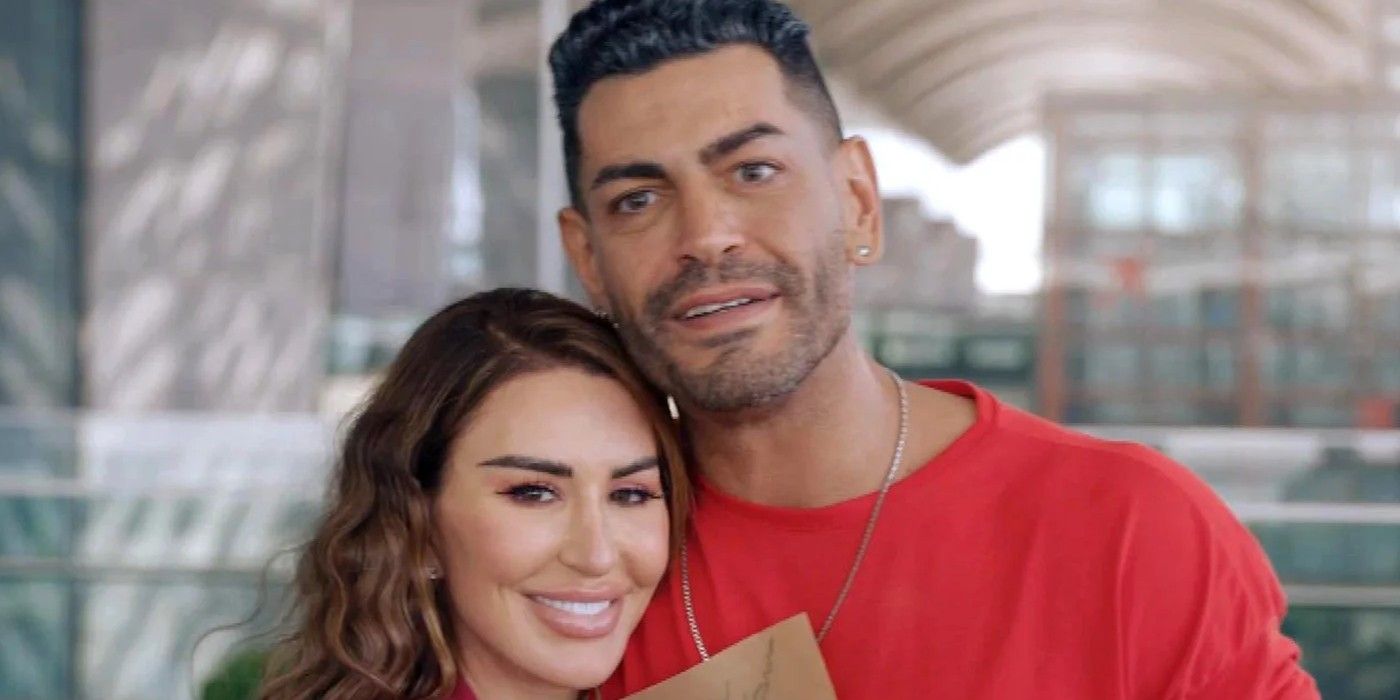
I love the fact that 90 Day Fiancé features some of the most mismatched couples you will ever see on reality TV. As two completely opposite personalities come together to work on a long-distance relationship and figure out if they’re ready to marry each other, the drama that ensues is unforgettable. And let’s just say that the show doesn’t shy away from really honing in on a couple’s incompatibilities. Take Shekinah Garner and Sarper Guven, for example. These two met while Garner was on a trip to Turkey, and right off the bat, it was evident that their dynamic was nothing but toxic. Guven’s controlling nature and Garner’s desperate need for validation are a match made in hell, and watching these two navigate their relationship is actually painful.
But at the same time, it’s like a car crash that you can’t look away from. There’s no way these two can ever make things work, but you have to tune in to catch up on their petty arguments. In a lot of ways, 90 Day Fiancé isn’t a show about love, it’s a case study on what happens when people decide to be with someone they have nothing in common with. These couples definitely don’t belong together, but insist on trying. From a psychological angle, the show puts the raw, unfiltered, and dysfunctional parts of the human mind on display.
3 The Cultural Clashes
Is Love Really Enough?
These cultural clashes that most of the couples on the show face aren’t just obstacles in the way of their marriage; they dictate whether two people can actually make sacrifices to be with each other. The tension that stems from cultural differences gives the show a more complex storyline. You might not expect it, but the backdrop of culture and values influences every decision a couple makes. It’s a deeper exploration of the many things that one has to consider before settling down with someone.
2 The Reality of Long-Distance Relationships and Visa Issues
The Waiting Game Isn’t Easy
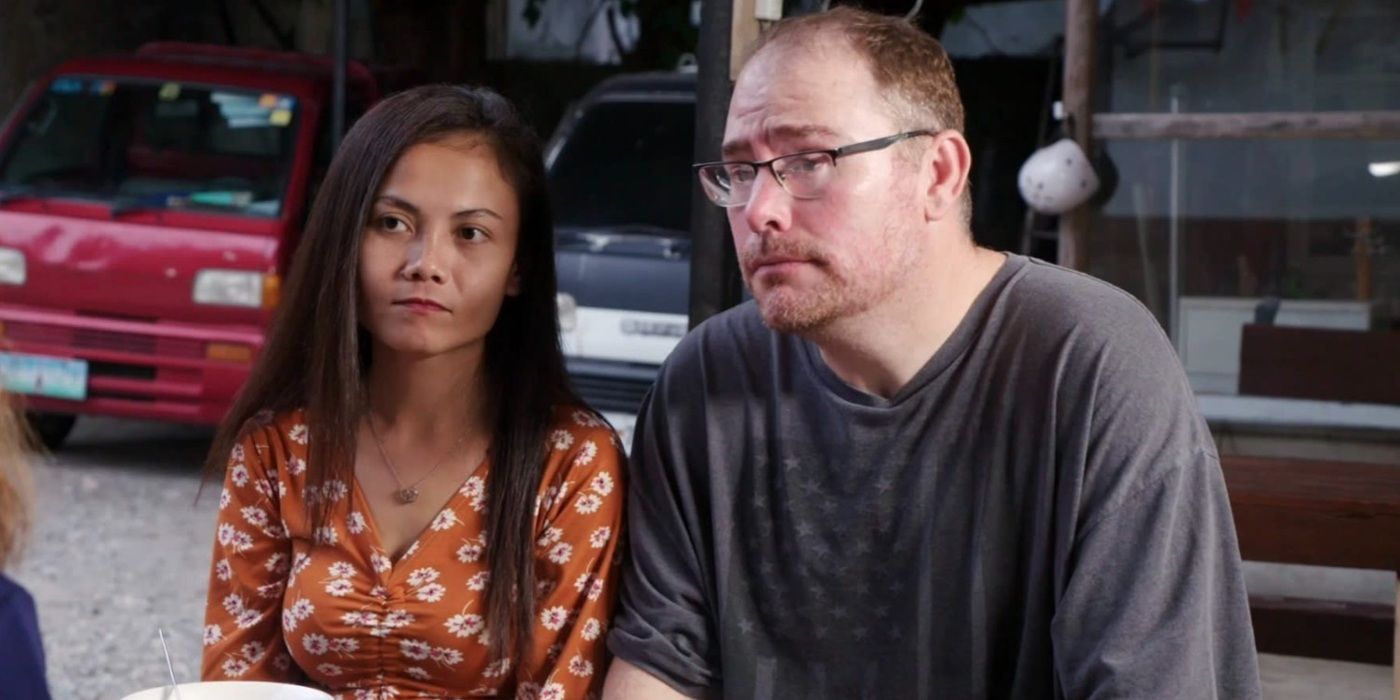
Falling in love with someone from a different country is one thing, but living in different places while being in a relationship is not as easy as it sounds. One of the most compelling parts of 90 Day Fiancé is the show’s premise of showing how couples navigate long-distance relationships as they wait for K-1 visas. Sure, it’s always easy for the American partner to travel to other countries, but being in a relationship where you’re spending more time apart than together is a huge problem. It makes way for feelings of jealousy, insecurity, and frustration that lead to the breakdown of many relationships on the show. Not to mention that, until the couple start living together in the same place, they exist in a bubble. When reality finally sets in, they sometimes find it hard to come to terms with who their partner is as a person, which is often the case in real-life long-distance dynamics as well.
The Show Is Meant To Make You Uncomfortable
The entire premise of 90 Day Fiancé highlights the difference between Americans and their foreign partners. From the food they eat to the houses they live in and the festivals they celebrate, Americans are usually in for a shock when they visit their partners’ home countries. One of the most fascinating things about the show is how Americans always expect their partner to adapt to their culture and norms, even if it makes them uncomfortable. Oftentimes, the Americans on 90 Day Fiancé don’t even bother learning their partners’ native language and loudly express discomfort with their family traditions and expectations.
The biggest examples of American entitlement on the show are Big Ed and Deem, who have mocked and put down their partners’ customs. Ed often mocked Vega’s lifestyle, especially her modest background in the Philippines. His microaggressive comments about her hygiene and the fact that she didn’t have a good internet connection were hurtful to watch, and inevitably led to the downfall of their relationship. Similarly, Deem criticized her partner’s food, living conditions, and even the way his family interacted with one another. Watching this entitlement clash in real time is both entertaining and eye-opening.

